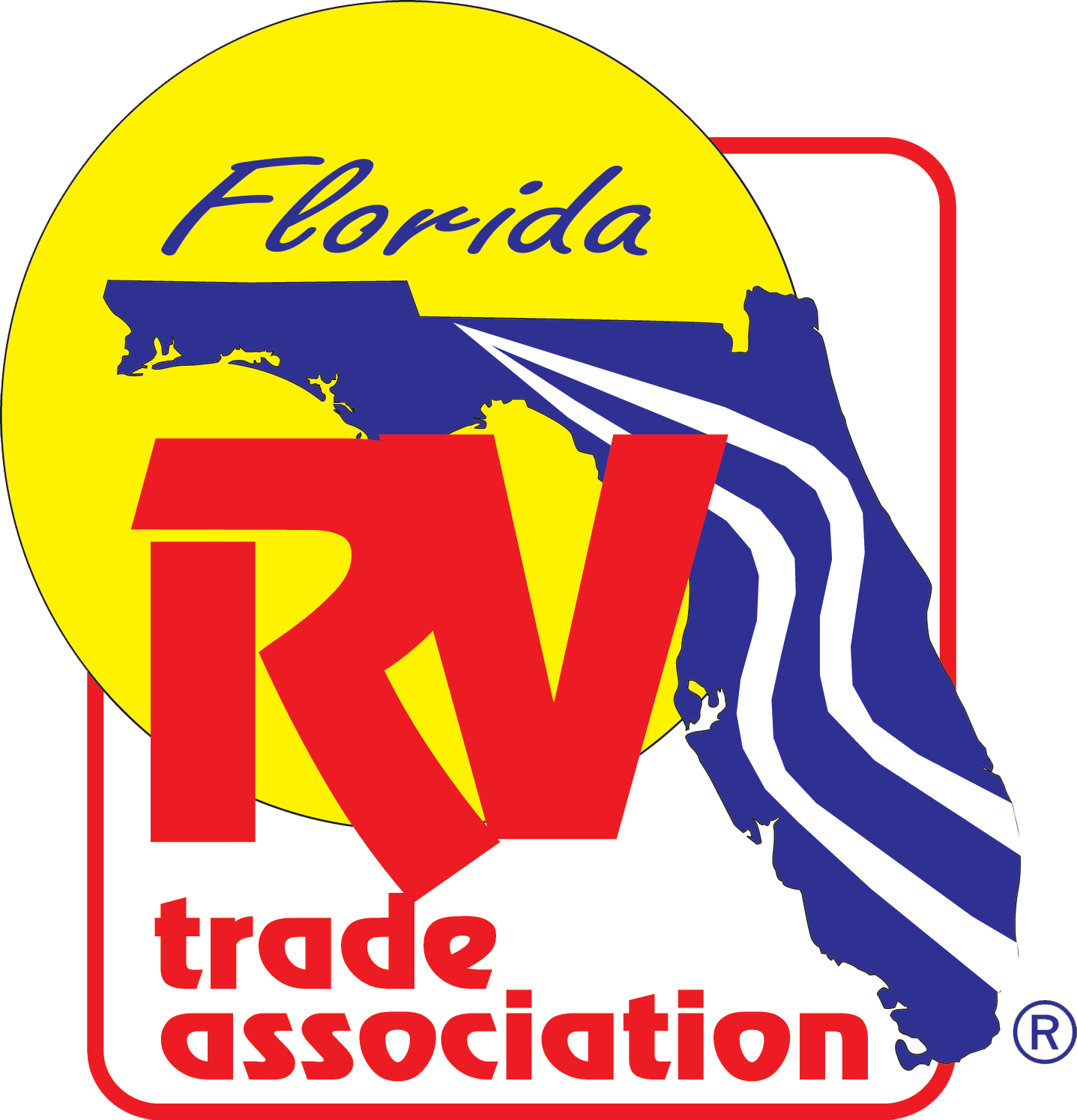Let’s talk about air pollution! The Clean Air Act was originally signed into federal law in 1970 which started a major shift in focus for emissions testing standards and put in place new laws that directly affect motor vehicle dealers. As you know, each state has its own set of laws surrounding environmental protect, and some counties do too! You can imagine it might be difficult to keep track of which county does what when you have multiple dealerships in different parts of the state. When it comes to Air Pollution Control Devices, we have you covered!
First, we’ll start with the general rule. The Florida Department of Environmental Protection’s Rule 62-243.500(1)(b) states that a licensed motor vehicle dealer must visually observe and certify in writing that specific air pollution devices and systems are in place and appear to be properly connected and in good working order. Your written certification will need to appear on the bill of sale, lease agreement or other document furnished by the seller along with the make, model, year and VIN. You can copy the verbiage found here under the “Certification” paragraph. Please note that the verbiage is slightly different depending on whether the private party is the buyer or the seller in the transaction. Here is a link to the HSMV 84058 form that will also need to be submitted.
Now, if you’re like me you love and a good exception to the rule. Rule 62-243.300 list the Exemptions, and there you’ll find that motor vehicles that having net weights greater than 5,000 pounds or gross vehicle weights greater than 10,000 pounds are exempt from the provisions in the chapter. This exception likely means that if your dealership only sells RVs you will not have to worry about the Air Pollution Control Devise Certification. However, I would encourage you to always error on the side of caution and verify the wight of your inventory to make sure it complies with the rules!
As mentioned above, some counties have additional requirements regarding emissions and local rules that you may need to follow. Please contact your local county office to make sure that your practices fall within the guidelines set forth by your county.
